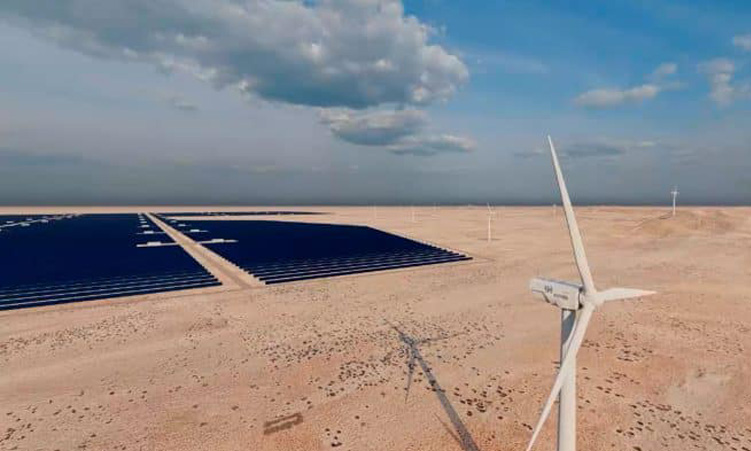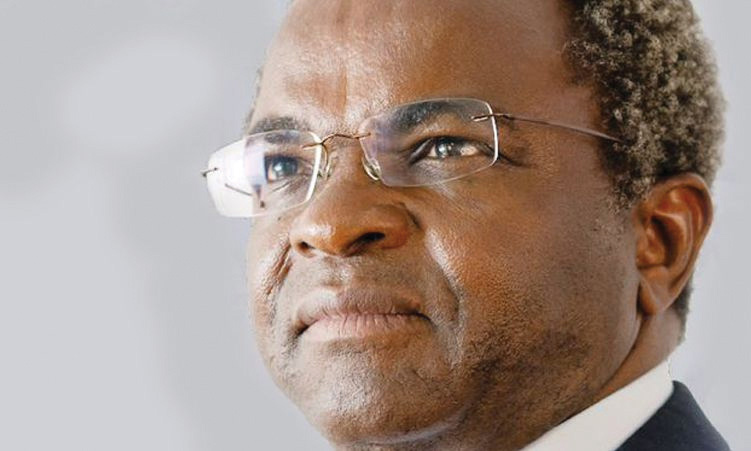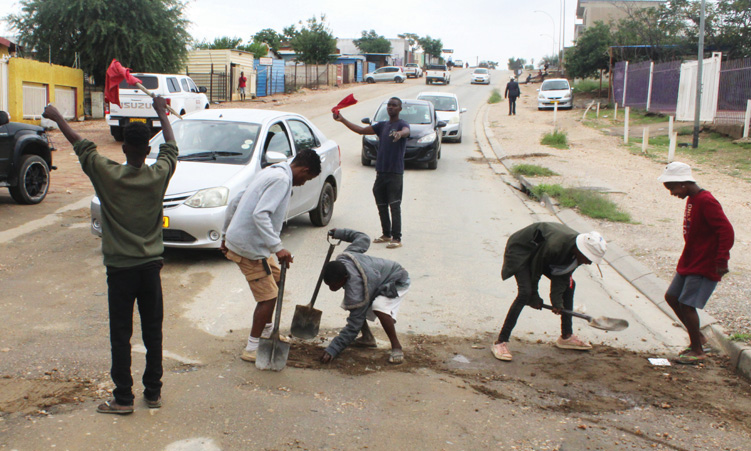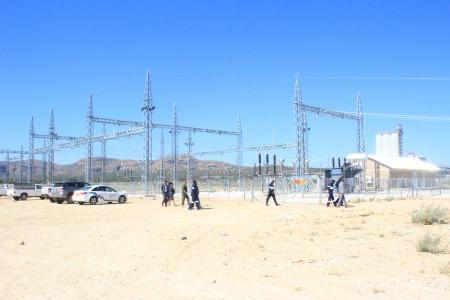A hard-hitting position paper released by the Chamber of Environment this week, criticising ambitious green hydrogen projects in one of Namibia’s pristine national parks, is a red flag that Namibians should not ignore.
“The proposed hydrogen development in the Tsau //Khaeb National Park poses a severe threat to one of only a few global biodiversity hotspots in an arid area and one of the largest near-pristine wildernesses on earth,” Namibia Chamber of Environment chief executive Chris Brown said.
Tsau //Khaeb is a protected area in the south.
The chamber warned the European Union, particularly Germany, not to export the costs of their energy requirements to developing countries such as Namibia.
These risks have not yet been fully explored or articulated to the Namibian public.
The Namibian agrees with the Chamber of Environment that a detailed study should be carried out before committing to sacrificing state funds to a test project that is already shrouded in secrecy.
Without facts and detailed studies, the public has every right to have reservations about green hydrogen and to be concerned that it’s another scheme aimed at enriching a select group of individuals.
What will be left behind is a damaged environment in a national park that was not supposed to be disturbed in the first place.
Stay informed with The Namibian – your source for credible journalism. Get in-depth reporting and opinions for
only N$85 a month. Invest in journalism, invest in democracy –
Subscribe Now!










